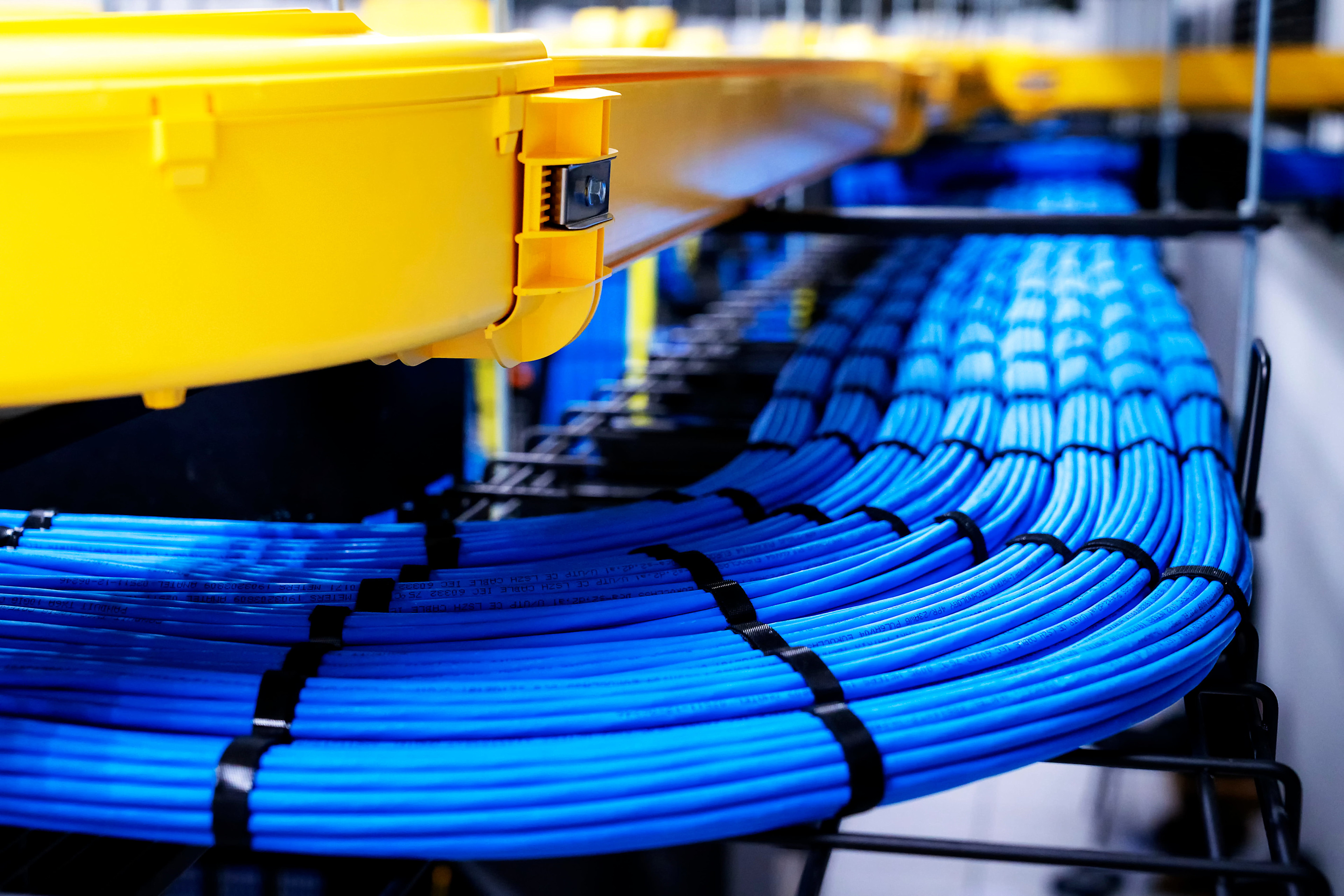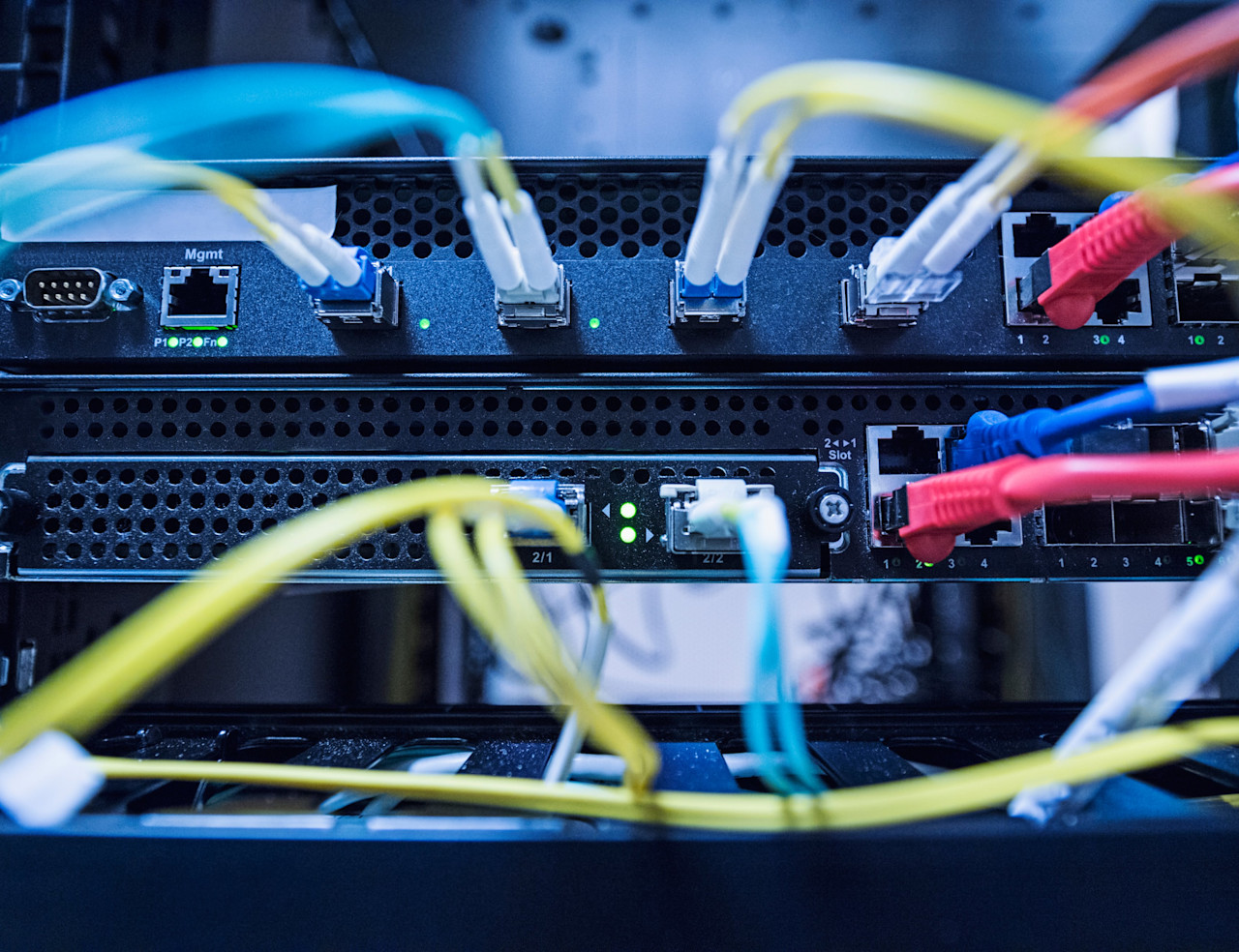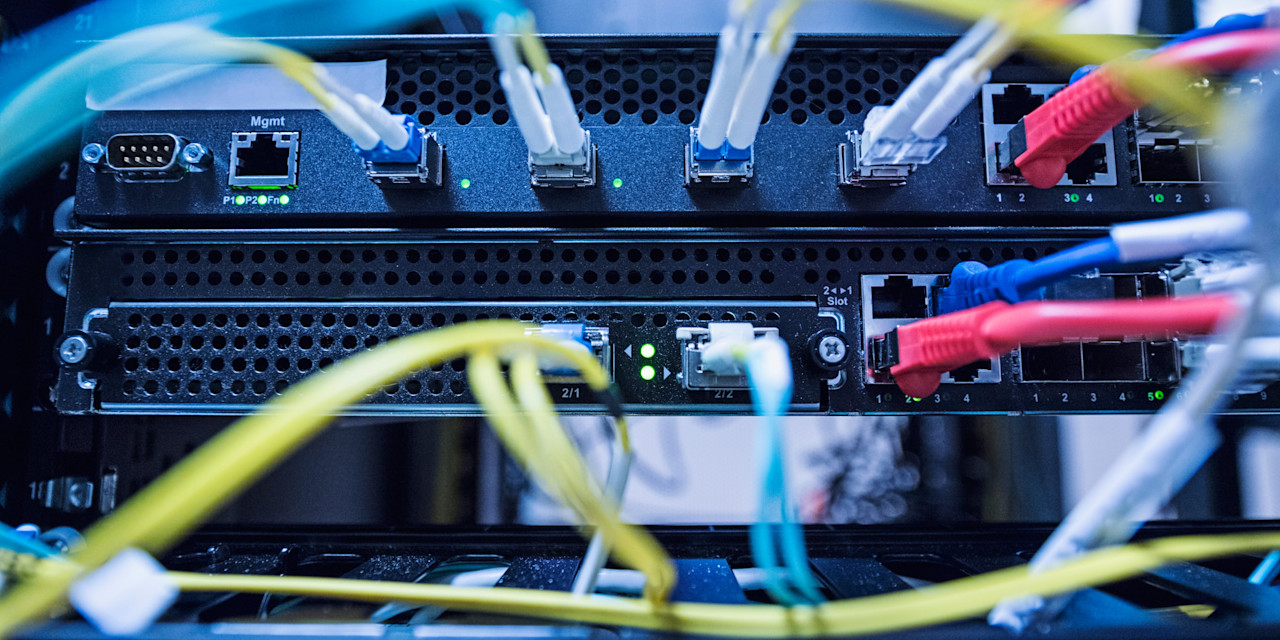Comentario y perspectivas de mercado
Comprender hacia dónde van los mercados y el impacto que ello tiene es la tarea más difícil a la que se enfrenta un profesional de la inversión. Para alcanzar la mejor comprensión hace falta una perspectiva y análisis rigurosos, de ahí que les dediquemos un considerable esfuerzo. Porque solo compartiendo el conocimiento podremos prosperar.




































